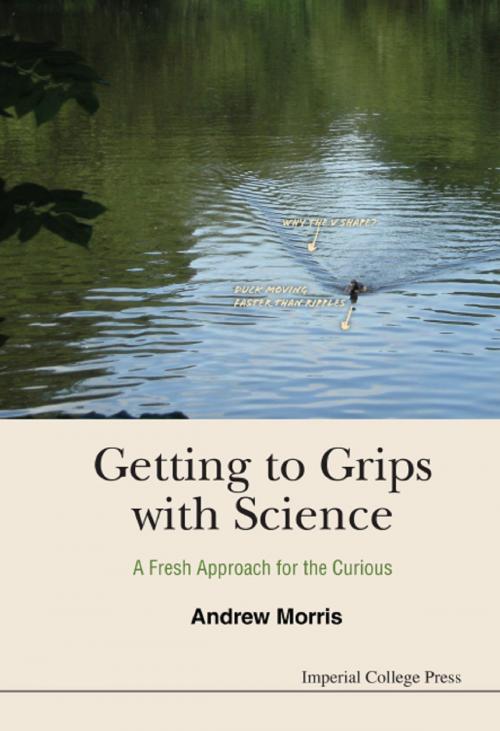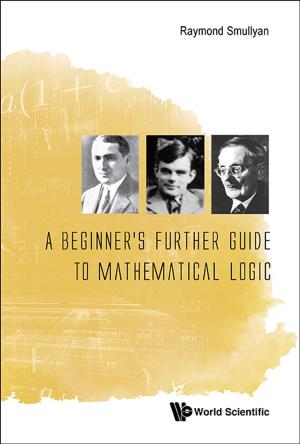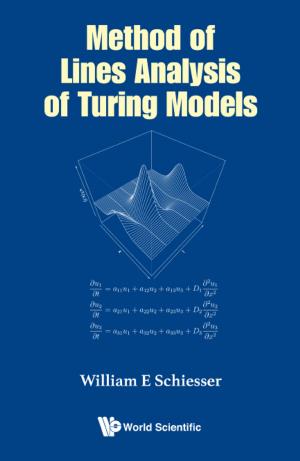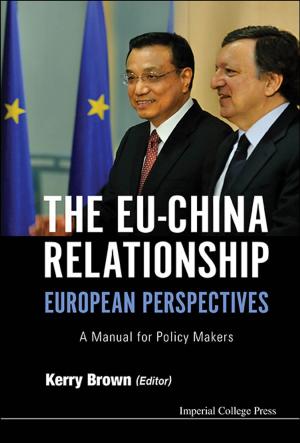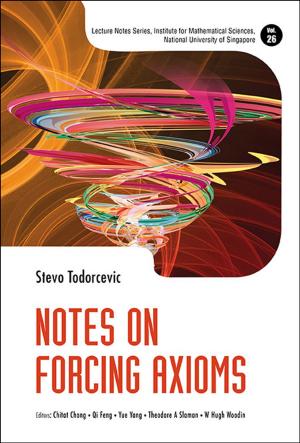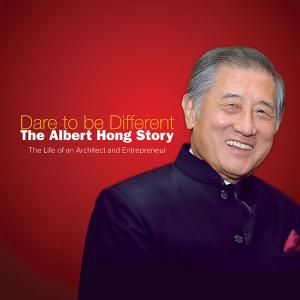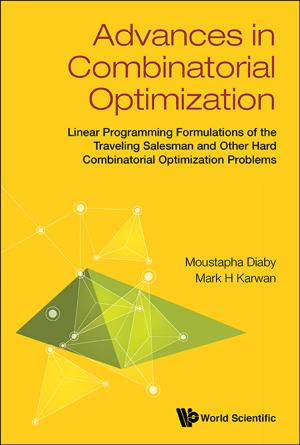Getting to Grips with Science
A Fresh Approach for the Curious
Nonfiction, Reference & Language, Education & Teaching, Educational Theory, Adult & Continuing Education, Teaching, Teaching Methods| Author: | Andrew Morris | ISBN: | 9781783265947 |
| Publisher: | World Scientific Publishing Company | Publication: | December 10, 2014 |
| Imprint: | ICP | Language: | English |
| Author: | Andrew Morris |
| ISBN: | 9781783265947 |
| Publisher: | World Scientific Publishing Company |
| Publication: | December 10, 2014 |
| Imprint: | ICP |
| Language: | English |
Science touches all of our lives, every day, and should be a constant source of wonder and fascination — not something confined to the classroom. This book is for anybody who feels curious about ideas in science but lacks a strong background in the subject. Getting to Grips with Science draws on the author's twelve years of experience in leading experimental discussion groups, where people from all walks of life come together to pose questions in the presence of a science teacher. Bursting with testimonials from real people about their everyday experiences of science, the book acts as a gentle introduction for anyone wishing to find out more about the natural world. Drawing on practical examples and discussions that range from hormones to tectonic plates, it helps the reader understand any difficulties they may have encountered with science learning in the past and points to fresh ways of approaching the subject in the future.
Concentrating on the themes that non-scientists are genuinely curious about, the book illustrates how we can begin to explore scientific ideas, first through our initial understanding of the world around us and then with the help of a trained tutor who explains the underlying scientific concepts. For those wishing to make a start on exploring science afresh, the book offers practical information about the books, museums, websites, podcasts, courses and events available to support them. Wider reflection on the experience of adults engaging with science through these discussion groups offers food for thought on the nature of science education in general.
Andrew Morris has been running science discussion groups in informal settings in central London since 2002. Originally a science teacher in sixth-form, further and adult education, he has also worked as a senior manager in colleges and national bodies concerned with educational research.
Contents:
- An Alternative Approach
- What Captures Our Interest?
- Past Difficulties
- Looking at Science Afresh
- What Excites Our Curiosity?
- Underlying Themes
- Following Up Your Curiosity
- Taking Things Further
- About Science Itself
- Reflections
Readership: All readers who are interested in scientific ideas.
Key Features:
- People who are interested in scientific ideas but find popular science books too technical and specialized will find this book a good read
- Draws heavily on actual discussions with people who are curious about scientific ideas but lack a background in science
- Links science to the arts and humanities by introducing person-centric approaches more familiar in these areas — thus addresses the “two cultures” debate
Science touches all of our lives, every day, and should be a constant source of wonder and fascination — not something confined to the classroom. This book is for anybody who feels curious about ideas in science but lacks a strong background in the subject. Getting to Grips with Science draws on the author's twelve years of experience in leading experimental discussion groups, where people from all walks of life come together to pose questions in the presence of a science teacher. Bursting with testimonials from real people about their everyday experiences of science, the book acts as a gentle introduction for anyone wishing to find out more about the natural world. Drawing on practical examples and discussions that range from hormones to tectonic plates, it helps the reader understand any difficulties they may have encountered with science learning in the past and points to fresh ways of approaching the subject in the future.
Concentrating on the themes that non-scientists are genuinely curious about, the book illustrates how we can begin to explore scientific ideas, first through our initial understanding of the world around us and then with the help of a trained tutor who explains the underlying scientific concepts. For those wishing to make a start on exploring science afresh, the book offers practical information about the books, museums, websites, podcasts, courses and events available to support them. Wider reflection on the experience of adults engaging with science through these discussion groups offers food for thought on the nature of science education in general.
Andrew Morris has been running science discussion groups in informal settings in central London since 2002. Originally a science teacher in sixth-form, further and adult education, he has also worked as a senior manager in colleges and national bodies concerned with educational research.
Contents:
- An Alternative Approach
- What Captures Our Interest?
- Past Difficulties
- Looking at Science Afresh
- What Excites Our Curiosity?
- Underlying Themes
- Following Up Your Curiosity
- Taking Things Further
- About Science Itself
- Reflections
Readership: All readers who are interested in scientific ideas.
Key Features:
- People who are interested in scientific ideas but find popular science books too technical and specialized will find this book a good read
- Draws heavily on actual discussions with people who are curious about scientific ideas but lack a background in science
- Links science to the arts and humanities by introducing person-centric approaches more familiar in these areas — thus addresses the “two cultures” debate
